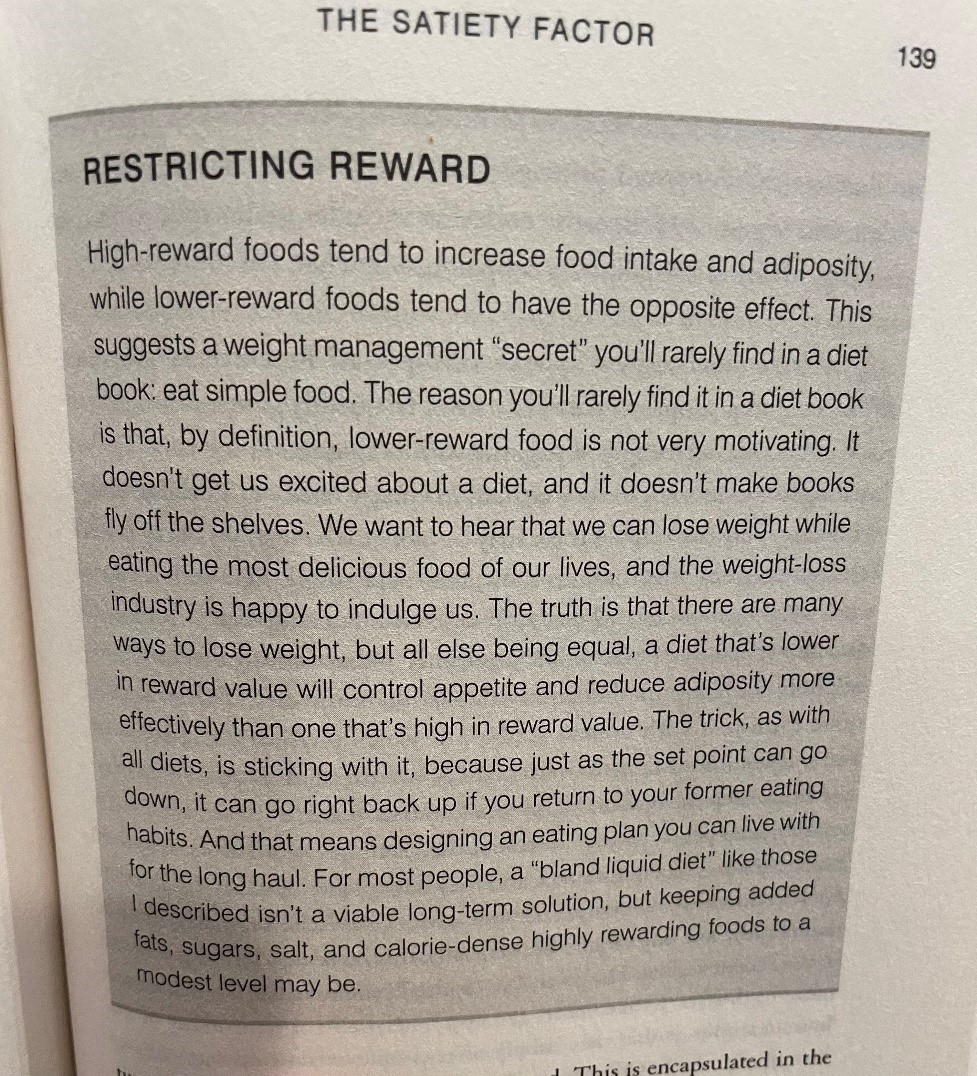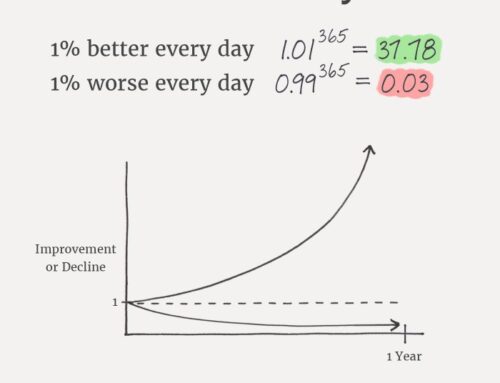
TN50#20, Some Interesting Facts on The Mysterious Bodyweight “Set Point”, 17 May 2021
Hi Team,
Happy Monday and welcome to The Next 50 #20.
First Principles Performance, LLC has the mission of helping high achievers perform better. I use the following 3 performance buckets to help clients improve their lives: Eat, Sleep, Move. Today I wanted to share some interesting information on set point theory.
First a definition:
Set Point Theory states our bodies are prewired to maintain a certain amount of body fat weight, and will generally stay within a few pounds of that weight, this would be why people can generally drop weight on a diet but usually find that they gain the weight back. Googling “set point theory” spits out 744,000,000 results so I imagine most, if not all, of you have heard the term.
As I was reading The Hungry Brain, by Stephan J. Guyenet, Ph.D. it discusses set point theory and identifies a set point variable that might be hard to find in the 700 million plus links on Google so I thought I would share. The variable is… “food reward”, said another way, palatability. The easiest way to explain it is to describe this study that Berry Levin did in 2000 at Rutgers (this story begins on page 136 of, The Hungry Brain) where he took a bunch of rats and fed some standard rat chow and fed the others Chocolate Ensure. The rats eating standard chow had one set point (normal rat size) and the rats eating Chocolate Ensure had a different set point (double rat size). When the rats were put on the opposite diet, they changed set points for normal to double size or double to normal size aligned to which diet they switched to. The rats were moved back and forth and always had the same result of reversing their set point.
So how does this translate to humans? The header picture is an excerpt from page 139 of, The Hungry Brain – please read it!
So what do you think, do you see some overlap between this and rule #2 – Eat the same “simple” meals over and over again? Always interested in your thoughts.
Have a good one, Alex



